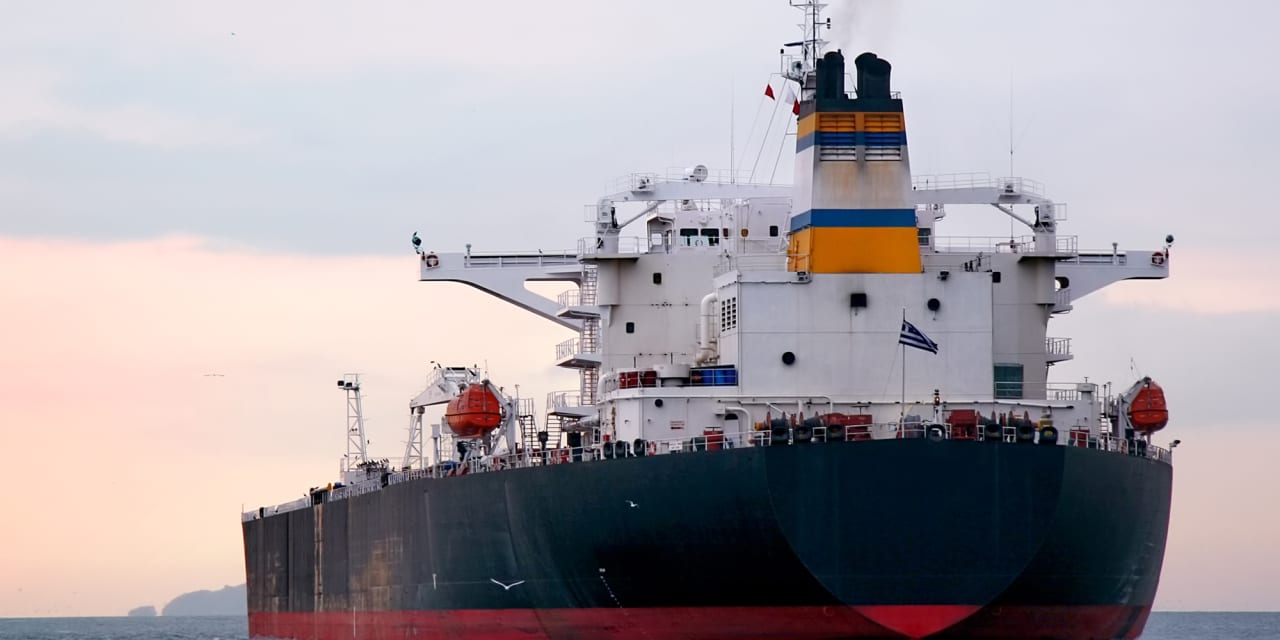Oil prices were rising early Tuesday after Iran sent a warship into the Red Sea following U.S. attacks on Houthi Islamists over the weekend.
The Houthi, based in Yemen, have been attacking vessels passing through one of the world’s busiest shipping routes to protest Israel’s actions against Hamas. The danger is that the Israel-Hamas war, which has so far been contained, could spread into a wider regional conflict involving some of the biggest oil producers.
Iran sent a warship into the Red Sea, state media reported Monday. On Sunday, the U.S. fought off a Houthi attack on a
Maersk
container ship, sinking three rebel ships and killing 10 militants, Reuters reported. Several companies have said they are rerouting shipments around the Red Sea, increasing costs and adding weeks to delivery times.
Brent crude, the international standard, rose 1.6% early Tuesday to $78.23 a barrel. West Texas Intermediate (WTI), the U.S. benchmark, added 1.4% to $72.62 a barrel.
While heightened geopolitical tensions are pushing up oil prices, other pressures are acting to keep them lower. There are worries that economic growth will be weak this year, especially in China, which will blunt demand.
The Organization of the Petroleum Exporting Countries has also struggled to agree on production cuts to prop up prices. Last month, the bloc lost a member when Angola dropped out.
WTI prices have slipped 18% in the past three months and are still about 10% lower than they were this time last year.
Write to Brian Swint at [email protected]
Read the full article here




